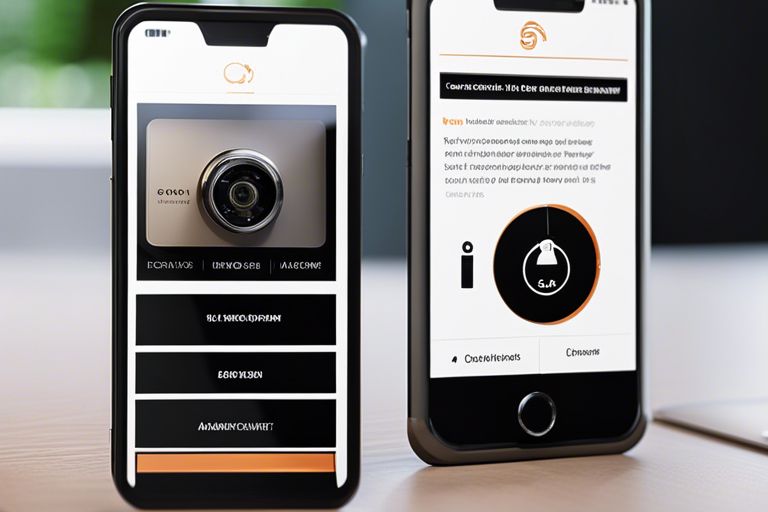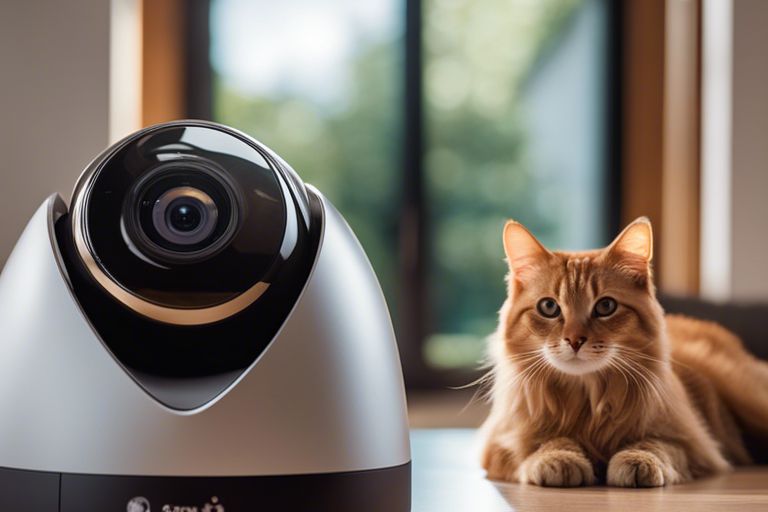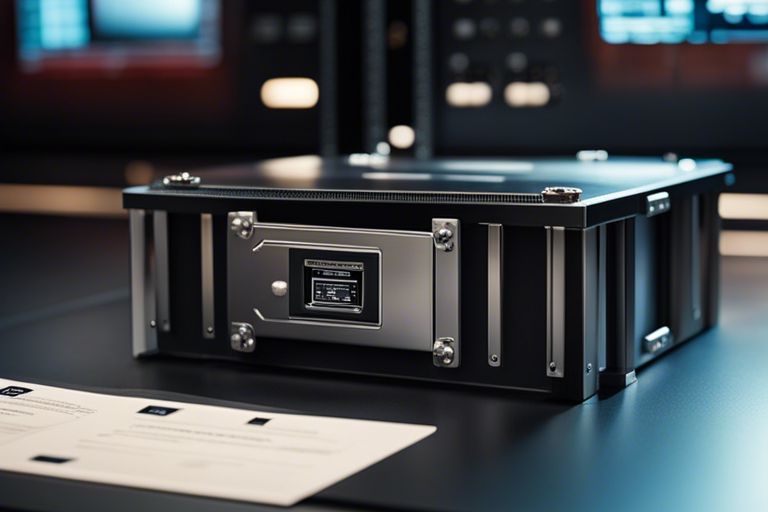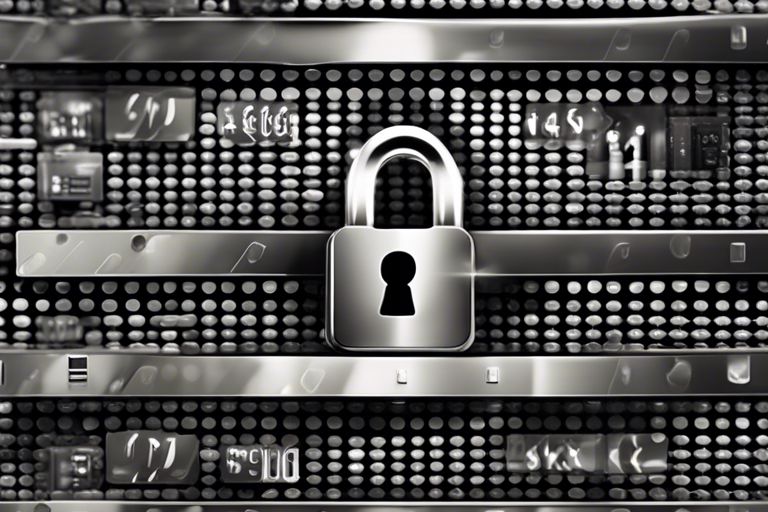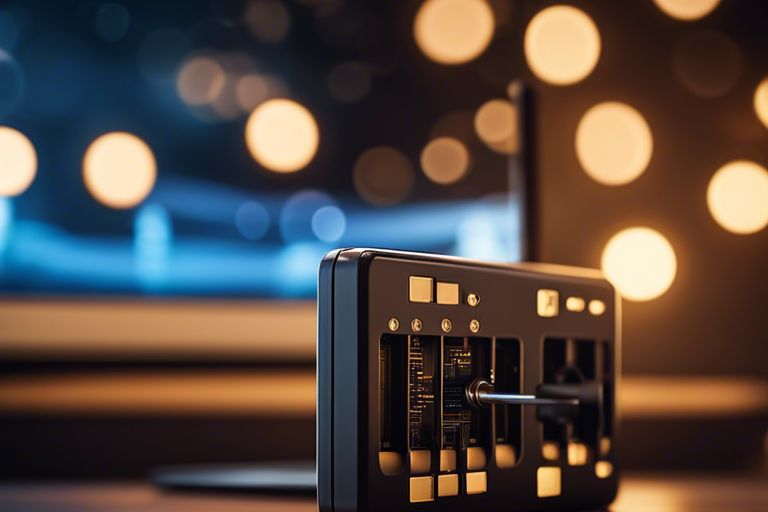Security cameras are becoming increasingly popular for both personal and business use. While they can provide valuable surveillance footage, there are also privacy concerns to consider. In this article, we will explore the topic of privacy concerns and security cameras, discussing what you need to know to protect yourself and your privacy.
Introduction
In the introduction, we will discuss the growing use of security cameras and the importance of addressing privacy concerns.
The Pros and Cons of Security Cameras
In this section, we will explore the advantages and disadvantages of using security cameras, including their effectiveness in preventing crime and their potential impact on privacy.
The Pros of Security Cameras
Here we will discuss the benefits of using security cameras, including their ability to deter crime and provide evidence in case of a break-in or other incident.
The Cons of Security Cameras
In this section, we will discuss the potential drawbacks of using security cameras, including the invasion of privacy and the risk of abuse or misuse.
Privacy Concerns with Security Cameras
In this section, we will delve deeper into the privacy concerns associated with security cameras, discussing the various ways in which they can impact personal privacy.
Invasion of Privacy
Here we will discuss the ways in which security cameras can infringe on personal privacy, including recording private conversations and capturing images of individuals without their consent.
Data Collection and Sharing
In this section, we will discuss the ways in which security cameras can collect and share personal data, including facial recognition technology and the potential for third-party access to camera footage.
Legal Implications
Here we will discuss the legal implications of using security cameras, including compliance with data protection regulations and the potential for legal action in case of privacy violations.
How to Protect Your Privacy
In this section, we will provide tips and strategies for protecting your privacy when using security cameras.
Set Up Your Cameras Responsibly
Here we will discuss the responsible set-up and use of security cameras, including proper placement and informed consent from individuals who may be captured on camera.
Use Encryption and Authentication
In this section, we will discuss the use of encryption and authentication to secure camera footage and prevent unauthorized access.
Choose Reputable Brands
Here we will discuss the importance of choosing reputable brands with strong privacy policies and data protection measures.
Conclusion
In conclusion, while security cameras can provide valuable surveillance footage, it’s important to consider the privacy concerns associated with their use. By taking steps to protect personal privacy and data, we can ensure that security cameras are used responsibly and ethically.
FAQs
Can security cameras be hacked?
Yes, security cameras can be hacked, which is why it’s important to use encryption and authentication to secure camera footage.
Do I need to inform people if they are being recorded on a security camera?
Yes, it’s important to inform individuals if they are being recorded on a security camera, both to respect their privacy and to comply with data protection regulations.
Are there laws governing the use of security cameras?
Yes, there are laws governing the use of security cameras, and it’s important to comply with these regulations to avoid legal action.
Can security cameras be used to spy on people?
Yes, security cameras can be used to spy on people, which is why it’s important to use them responsibly and ethically.
Can security cameras reduce crime?
Yes, security cameras can be effective in reducing crime, but it’s important to consider the potential impact on privacy and personal data.


